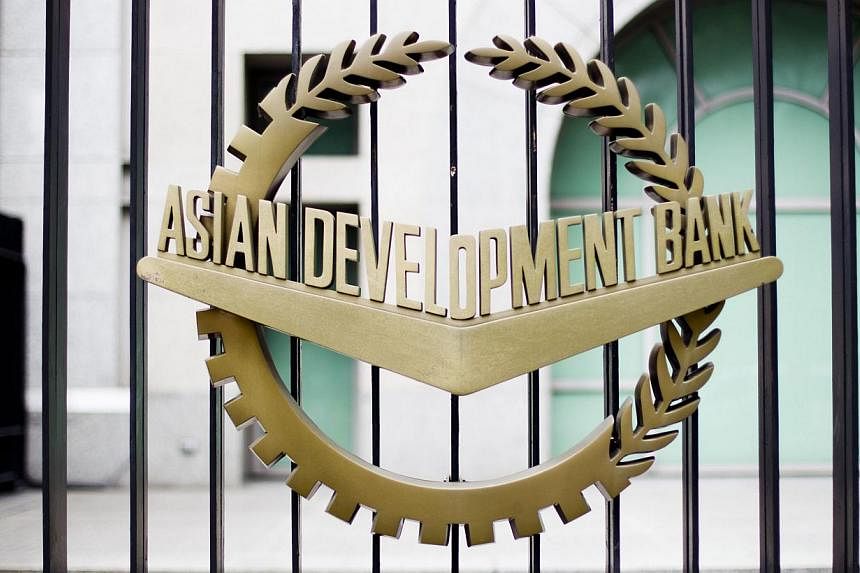SINGAPORE - The Asian Development Bank (ADB) urged Asia-Pacific economies to boost the productivity of their investment in human and natural resources and said the bank is in a position to help them put in place infrastructure that incorporates both climate change resilience and inclusion of lower-income groups in the growth process.
For one, ADB can raise its annual financing commitments to countries to up to US$20 billion, and if leveraged one to one with cofinancing, up to US$40 billion, according to a new annual review of the bank from Independent Evaluation.
This will come about from the planned combination of its concessional Asian Development Fund lending operations and ordinary capital resources balance sheet.
"ADB is uniquely placed to scale up its program in Asia," said Vinod Thomas, director general of Independent Evaluation, in the report.
"In part, it can raise the returns to the projects it finances with continued improvements in their design and delivery," he said. "The far bigger shift would be that ADB's infrastructure strategy, along with the region's, targets the growing income inequality and the reality of runaway climate change,"
The report by Independent Evaluation noted that in recent years in Asia and elsewhere, growth in overall productivity has slowed, particularly since the 2008 global financial crisis.
As a result, there is need for countries and the ADB to be more strategic in getting the most from their investments, the report said.
"An improvement in productivity of physical investments by just two-tenths of one per cent in Asia is like adding US$10 billion to those investments," says Mr. Thomas.
The report notes that expansion in one area of overall productivity, output per worker, has slowed in recent years in Asia, including in the three largest economies - China, India, and Indonesia - and this could have a negative spillover effect elsewhere in the region. As China rebalances its economy in favor of consumption over investment, productivity needs to become a bigger driver of growth.
"Stronger results have to be wrung from investments in physical, human, and natural resources through efficiency and sustainability gains," said the study's principal author Walter Kolkma. "Human development is critical for raising productivity and this means aggressive commitments to education, training and healthcare."
The study stressed that multilateral development banks can help strengthen the pace and quality of growth. Infrastructure finance would get a boost from the Asian Infrastructure Investment Bank and the New Development Bank of BRICS nations.
The challenge, however, is to link infrastructure investment to inclusive growth objectives and climate change, it added. The latter has become an urgent priority given the acute vulnerability to the rise in extreme weather events in Asia and the Pacific.


